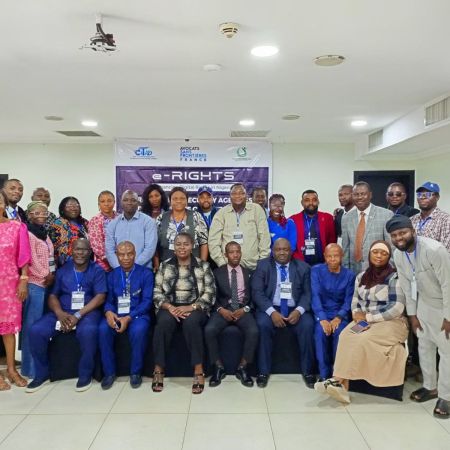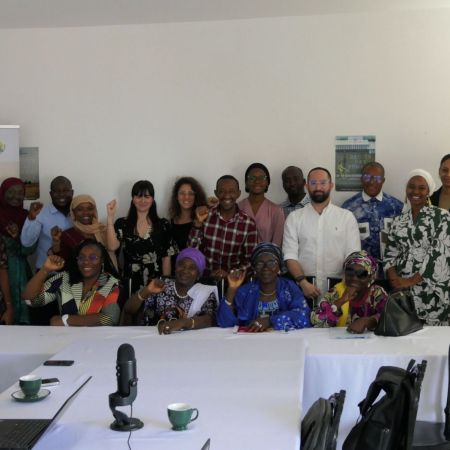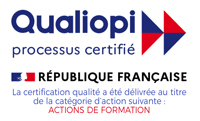Our Missions
Haiti
IMPLIC - Involvement and participation of actors for the protection of the rights of persons deprived of their liberty
PROJECT DESCRIPTION
With an occupancy rate of 358% in 2017, or 1.43 square metres per prisoner, the problem of prison overcrowding is glaring in Haiti. According to the United Nations High Commissioner for Human Rights, overcrowding is mainly due to the high number of arbitrary arrests and the frequent use of preventive detention. In 2021, prolonged pre-trial detention accounted for 82% of detainees at national level. The legal framework has been enriched in recent years through the ratification of international conventions and treaties on the rights of detainees, the adoption of progressive laws on detention conditions, and the adoption by presidential decree of a new Penal Code and a new Code of Criminal Procedure, due to come into force in June 2022. However, dysfunctions persist in the judicial system, notably due to the lack of knowledge and the non-application of the rules of law by the actors in the criminal chain and citizens, and the alarming security climate only aggravates the situation. The majority of the population, especially the most vulnerable, do not have access to the law and are the first victims.
The project was designed to respond to these problems with the aim of contributing to the strengthening of the rule of law and the respect of human rights in Haiti. More specifically, the project aims to contribute to the defence and protection of the rights of persons deprived of their liberty through the involvement and participation of national actors in Haiti. It is civil society and national actors who will bring about a change in behaviour and a sustainable strengthening of the protection and defence of the rights of persons deprived of their liberty.
IMPLIC is the result of the work of Avocats Sans Frontières France (ASF France) and the Collectif d'Avocat-es Spécialisé-es en Litige stratégique des Droits Humains (CALSDH). CALSDH is an independent Haitian organisation that works to improve the protection of human rights in Haiti, particularly those of women, minors and other vulnerable people.
The project is implemented in the Port au Prince metropolitan area, including Petit-Goâve, Cabaret and the Commune of Croix-des-Bouquets and the Artibonite department (Gonaïves).
ACTIONS
-
Training sessions for CSOs and human rights defenders on the defence and protection of the civil and political rights of persons deprived of their liberty
-
Development of legal assistance activities for persons deprived of their liberty in order to promote access to the law and to justice for persons deprived of their liberty
-
Training sessions for actors in the Haitian criminal justice system
-
Production of awareness-raising tools for the general public with the creation of video clips, plays and artistic exhibitions on the rights of people deprived of their liberty
-
Creation of a sustainable tool: a guide to good practice for legal assistance actors







